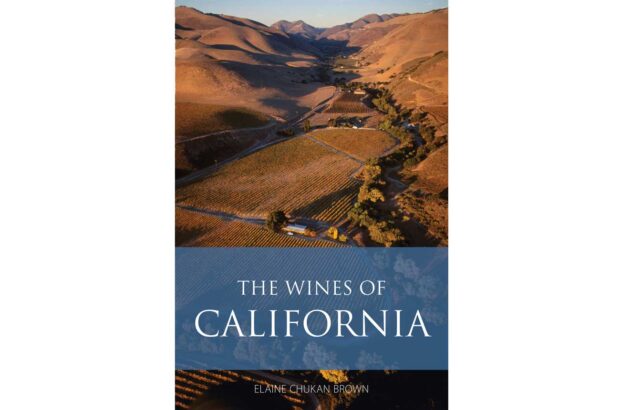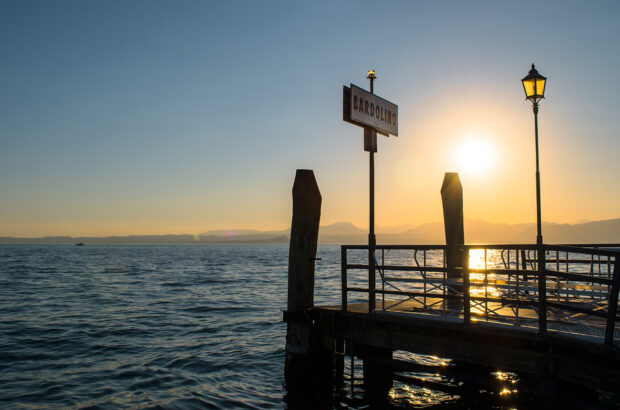Political instability in Argentina is pushing up production costs for French winemakers based in the country, prompting questions over the rationale for making wine there.
Vincent Wallard, co-owner of Terroir restaurant in London, has just left Argentina after six years of making wine in Maipu, south of Mendoza, to move to the Loire valley, where he will begin making a wine in Bourgueil.
‘Making a wine in South America was initially fairly simple compared to France,’ Wallard told decanter.com, ‘as I was able to do things like buy grapes from different regions and vinify in one cellar, which is not allowed in most French AOCs.
‘But the hyper-inflation over the past three years has meant it now costs three times as much to make wine there as it did in 2010. Things are getting more complicated all the time, so I am shifting my South American base to the Limari Valley in Chile, which is politically more stable.’
Under President Cristina Kirchner, Argentina has been experimenting with currency controls, and export controls.
Official figures for inflation are around 10.8% for 2013, while most economists estimate the real figure to be closer to 30% (in February 2013, the International Monetary Fund said the country had to give more accurate inflation figures or risk expulsion).
In 2010, a law passed requiring companies to balance imports and exports, and to keep revenue in Argentina. A 2011 land tenure law limits land ownership by foreigners to 1,000 hectares, although this did not apply to lands already owned.
‘The state-imposed exchange rates are not favourable to those working in foreign currencies, and the past year has seen large strikes across the country, with petrol shortages, sugar and salt shortages, and transport costs across the interior of the country balloon,’ says Wallard, who did not own his vineyard in Argentina, but worked as a negociant. ‘Of course the global economy is not helping, but the main issues are internal.’
The 2012 US Department of Agriculture report on the Argentinean wine industry stated that, ‘The government of Argentina continues to support small wine grape producers through a variety of programs including the promotion of cooperatives, machinery donations and tax exemptions… However, macro level policies such as restriction of foreign land ownership and an array of trade barriers have caused concern in the industry of its potential growth in the mid-to-long term.’
Jean Jacques Bonnie, owner of Diam’Andes in the Uco Valley, says, ‘Inflation seems to have been running at around 25% for the past few years, which is okay for the internal market, but overseas sales become less profitable each year.
‘We import all our winery machinery, barrels and corks from France, but as we export our wines, we are balanced in terms of goods going in and out of the country, in accordance with the new law. But Argentina is still a beautiful country to make wine in, with wonderful terroir and great potential. It’s still worth being there.’
So far, sales in the UK have not been affected. Wines of Argentina in London confirmed that off-trade is up by 14% in volume and value over the past 12 months. On-trade sales are up 12% in volume and 18% in value over the same period.
‘So while there are challenges, as there are for every country in the current climate, the markets and consumers remain very receptive to our wines,’ Andrew Maidment of Wines of Argentina said.
Written by Jane Anson







